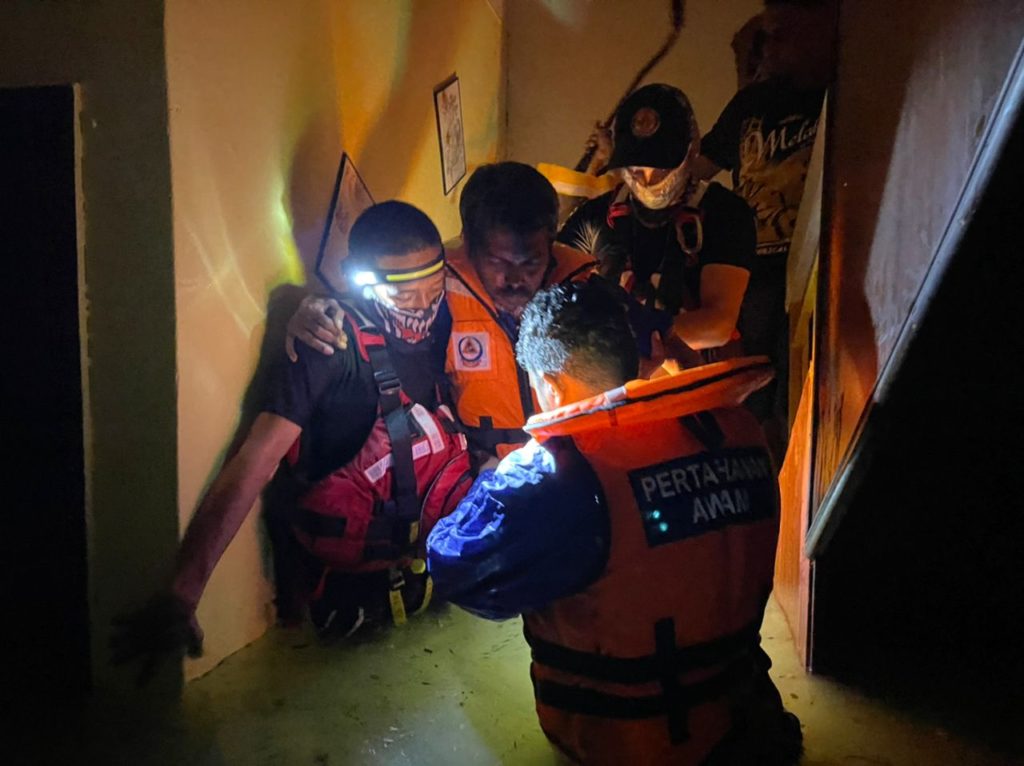
KUALA LUMPUR, Feb 4 – A paradigm shift will be needed to ensure that government agencies, both state and federal, as well as the people on the ground and citizens are better prepared to face any future calamities in the country such as the recent floods that saw the loss of human lives, properties and businesses, said Prime Minister Datuk Seri Ismail Sabri Yaakob.
In a statement issued today following the Disaster Management Meeting on Thursday, the prime minister said a whole of society approach would be required from education in climate change to cooperation with civil societies and organisations and beefing up infrastructures and crisis management mechanisms at all levels to be better prepared in the event of floods in the country.
Floods are not new events in the country but the situation has been going on for so long without proper resolution, he said.
Apart from the loss of lives, the recent event also saw damages to public infrastructures and assets, houses, vehicles, the manufacturing sector, business premises and also in the agriculture sector amounting to RM6.1 billion in worth.
Ismail Sabri said various measures were agreed to at the meeting involving both the Federal and State governments to ensure that people do not face such a disastrous event.
Among the plans that have been mooted to counter future floods include studying the possibility of building SMART tunnels in Shah Alam, which was among the most badly affected cities during the flood.
With climate change admitted as part of the reason for the extreme weather pattern, the government also plans to introduce climate change as a subject in schools and colleges.
Ismail Sabri who chaired the meeting said the teleconference on Thursday discussed the flood situation in detail and the preliminary assessment of the East Coast Monsoon of 2021/2022.
Also in the meeting were Menteris Besar and Chief Ministers as well as the Minister and Deputy Minister in the Prime Minister’s Department, Chief Secretary to the Government, Chief of Armed Forces, Inspector General of Police, Director General of NADMA, as well as the secretary general and director general of related agencies.
Among the measures outlined were the strengthening of information, communication and coordination systems in the management of disasters, enhancement of the coordinating mechanisms and competencies of stakeholders in disaster management, strengthening of coordination policies and mechanisms involving assistance from volunteers and NGOs.
Policies at state and district levels will be also improved to ensure that flood disaster management can be improved through the establishment of a platform that automatically registers all flood risks systematically.
Ministries and agencies will be also called to set aside five percent of their expenditure for flood mitigation, management plans.
Local communities will be empowered via their community heads to play a lead role in the event of floods. They will be equipped with the basic equipment to act as the initial responder in the event of a flood.
The meeting also agreed in principle to some of the suggestions made by the Ministry of Environment and Water to resolve the flood problem.
Among them were the identification of well-equipped temporary relief centres to house flood victims, providing local authorities the responsibility of ensuring working drainage and irrigation systems, upgrading of main river systems, as well as building of more infrastructures to mitigate floods, installation of CCTVs to monitor flood situation, upgrading of warning systems.
–WE